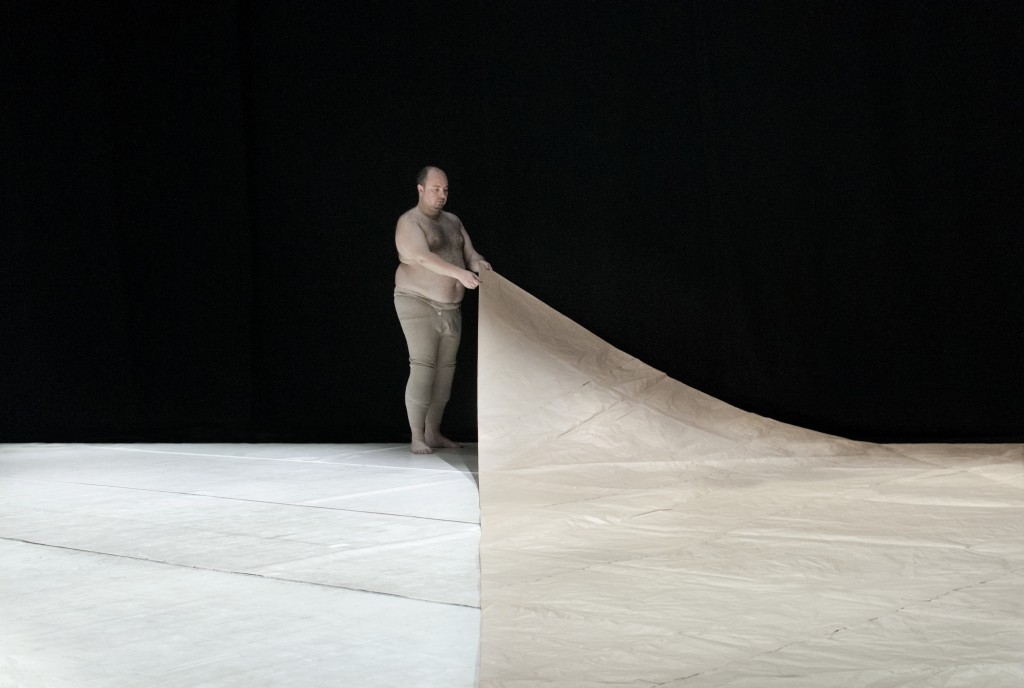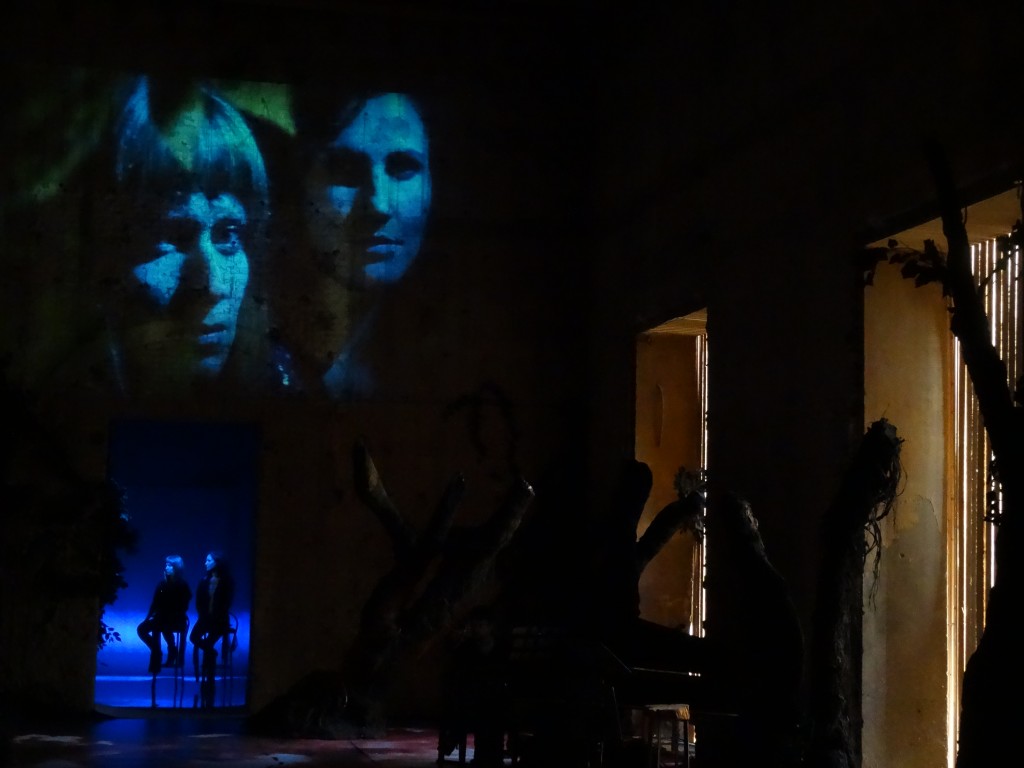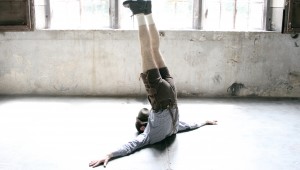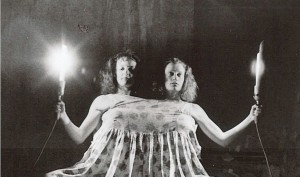#2.3 PROFESSIONAL CRITICISM

It is not easy to use the terms “professional” and “criticism” side by side, at least in the field of the performing arts. Due to the decline of this practice in the newspapers (that nowadays normally employ internal editors or lean on regular contributions from established authors and celebrities) and the almost total absence of specific periodicals, it’s hard to get paid for an article. The intense online activity is usually a double-edged sword: on one hand you gain an enormous freedom of speech, on the other, that very speech is going to be read for free. Selling spaces for advertisement is one of the most popular ways to get some income from an online job, but in this specific case it immediately poses an ethical issue: if – for example – an artist or a theatre buys advertisement on a web magazine’s page, can the critic go and review the exact show is being promoted by the ad post? This is only one of many questions a theatre critic not employed by a magazine or a newspaper faces everyday. The online journalism for the performing arts is then generally an unpaid activity, and (apart from some infrequent cases) even getting paid by a printed publication is not enough to make a living out of criticism. This brings the theatre critic to be a flexible and changing figure who continuously crosses the borders between academic territories and other declinations of his role, that go beyond the simple written page (be it printed or digital).
Back to article #2 Performing Arts Criticism
Published on 11 May 2015




